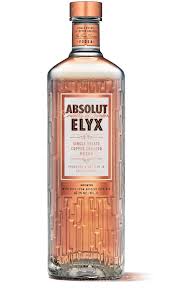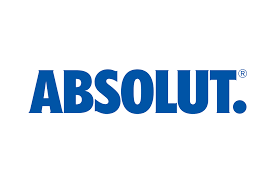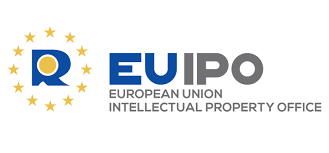3D mark for Absolut, finally!
- IP News Bulletin
- Jul 9, 2022
- 2 min read
Absolut Vodka has been enjoying success in its attempts of registering a three-dimensional trademark for vodka bottles with a highly distinctive combination of various fanciful features.
A three-dimensional trademark is extremely difficult to register as there are chances that it can lead to a monopoly over that physical shape.
Thus, the granting of an EU trademark (EUTM) depends not on the applicant’s intention but on whether the shape applied for sufficiently departs or is distinctive from other shapes in the market.
The EU Intellectual Property Office Fifth Board of Appeal tackled this decision, where it decided that certain aspects of the bottle were distinctive and striking, and that the applicant’s mark was not devoid of any distinctive character. The application was initially refused by an EUIPO examiner after which it was once again appealed.
The distinctiveness of the trademark s decided upon the nature of the three-dimensional packaging of the vodka bottle. These features must be examined to ascertain whether they are novel and striking or if they are generic feature which bear resemblance to features of other products in the market.
Six elements were taken into consideration for the distinctiveness of the application-
i. Copper color bottle closure: The cap of the bottle had an ‘unusual’ copper color; however, this did not satisfy the board as distinctive as it had the basic feature of closing a bottle and the copper shade was nothing but one ranging from brown or gold.
ii. Rectangular body structure: The application listed this to be a distinctive feature as vodka bottles are usually cylindrical or oval in shape. The board decided that this was not distinctive as other alcohols are sold in a rectangular bottle.
iii. Crystal like surface of bottle – the surface of the bottle had a crystal-like appearance with a maze design, this design was not capable of being a distinctive sign as many other bottles have similar designs
These three features did not depart significantly from available forms of products on the market.
iv. Copper color back design: the bottle had two copper-colored rectangular shapes that extended from the top to the bottom, which was visible to all customers as a unique feature.
v. Copper color front label: The label was white in color and had distinctive copper design
vi. Copper color neck-foil: The neck of the bottle had a copper color foil.
The board considered that the three features would not go unnoticed by customers and would have a strong impact on the perception of the bottle. Even though a color is not distinctive the large presence of the nuanced shade in the bottle would make it recognizable.
Accordingly, in accordance with Article 7(1)(b) of Regulation (EU) 2017/1001 (EUTMR), the applicant's mark did not lack any distinguishing characteristics.











Comments